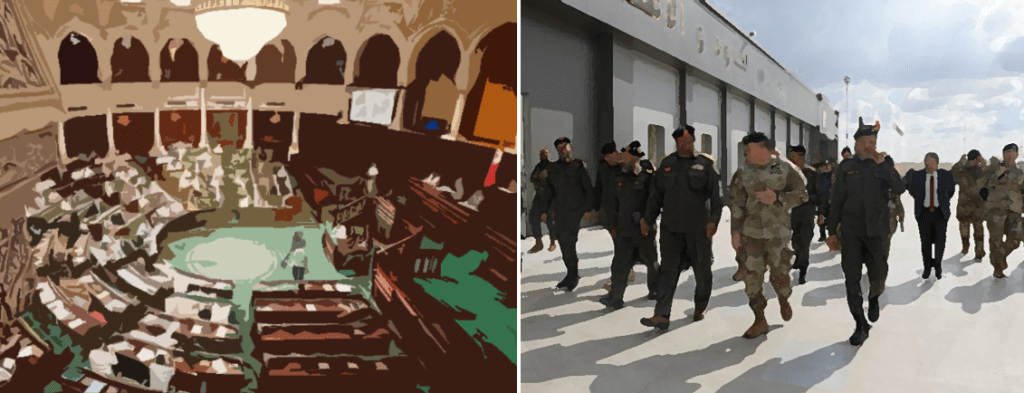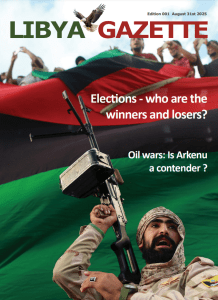40 Libyan MPs call for UN backed Prime Minister to step down

On September 1st, 40 MPs from Libya’s House of Representatives issued a joint statement calling for Prime Minister Abdul Hamid Dbeibeh to resign immediately, according to the Libya Review.
Dbeibah was appointed as Prime Minister in 2021 through a UN-led Political Dialogue Forum and mandated to lead the country to elections.
These elections are yet to take place, which has led to critics accusing Dbeibah of undermining political transition efforts. On August 21st the UN Security Council was presented with yet another plan to facilitate national elections in Libya, following only partially successful local elections.
In November 2021 the House of Representatives revoked its legislative support for the government.

The statement released by 40 members of Libya’s legislative body claims that Dbeibah’s continued position in power is no longer “politically, socially, or popularly acceptable,” and that his policies have delivered “only more corruption, division, and disorder,” as opposed to stability.
The statement also read that “The national interest requires opening the way for a new phase of broad-based national consensus, far from monopolization and overreach.” They frame his resignation as the only way to safeguard remaining state institutions and avoid further civil war.
The MP’s are holding Dbeibah “historically responsible” for any future escalation that could threaten Libya’s unity and peace, warning that if he stays in power the nation is at risk of being thrown back into armed conflict and political chaos.
A notable shift in the public mood and growing opposition against Dbeibah in western Libya was highlighted by the MP’s, an area that once was considered Dbeibah’s support base.
Many western Libya based groups have voiced a rejection of his leadership, including military factions, municipal councils, civil society organizations and tribal groups.
Rising tensions in Tripoli have manifested in military mobilizations in and around the city. Prime Minister Dbeibah has responded by expanding security presence across several cities with the Reserve Division of the Counter Terrorism Force, which is loyal to Dbeibah.
The tension in the capital has prompted mediation, with the United Nations Support Mission in Libya playing a central role, with discussions around de-escalation methods to reinforce stability and encourage political dialogue.
Libya Review/Maghrebi/Libya Gazette
Want to chase the pulse of North Africa?
Subscribe to receive our FREE weekly PDF magazine














